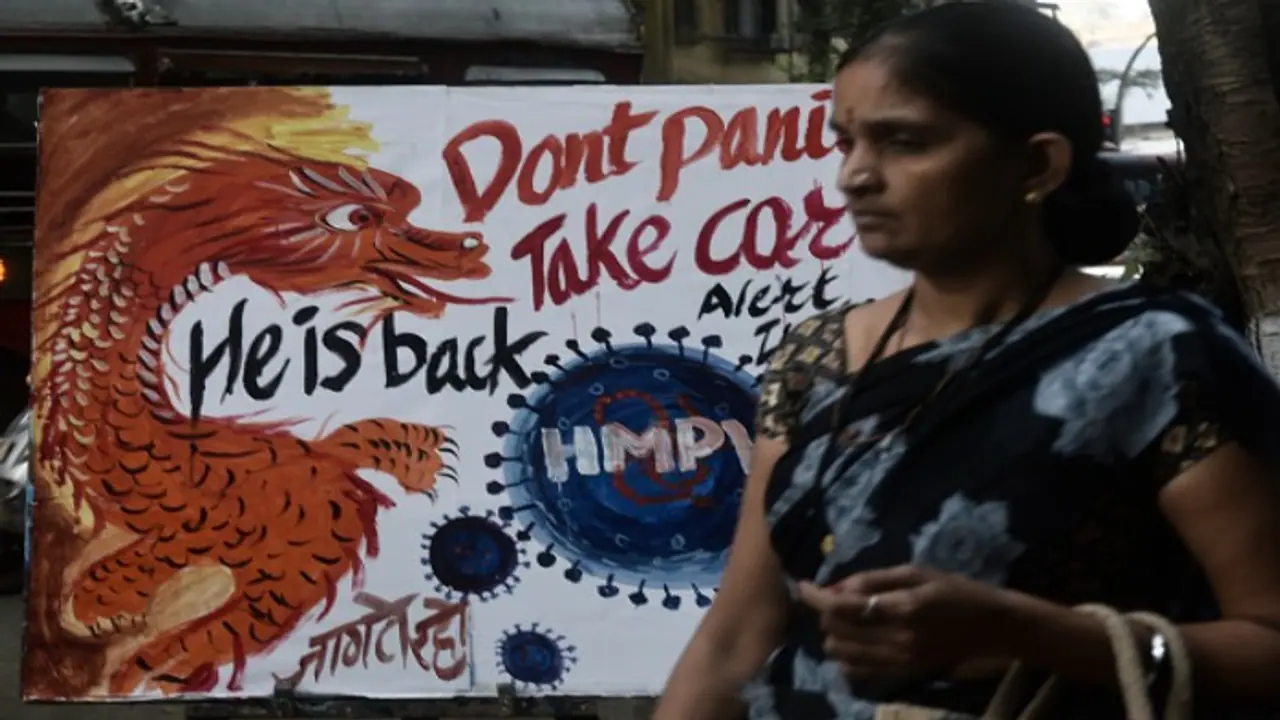Two more suspected cases of Human Metapneumovirus (HMPV) have been detected in Maharashtra's Nagpur. The patients are children aged 13 and 7 years.
Two more suspected cases of Human Metapneumovirus (HMPV) have been detected in Maharashtra's Nagpur. The patients are children aged 13 and 7 years. According to deputy director of health, Shashikant Shambharkar, both cases' medical documentation is being forwarded to AIIMS Nagpur for thorough assessment.

"The reports of both these patients have come back positive in a private hospital. Both these patients have been treated and discharged. The reports of both these suspected patients are being sent to AIIMS Nagpur for examination," Shambharkar added.
HMPV is a respiratory pathogen linked to various breathingrelated health conditions. Currently, India has not experienced any significant increase in reported infections.
Also read: Three cases of HMPV virus detected in India, confirms health ministry
Centre asks states to increase surveillance
The Centre has advised states to step up surveillance for respiratory illnesses including ILI and SARI, and spread awareness about the prevention of transmission of the human metapneumovirus (HMPV) after five cases were detected in India.
Union Health Secretary Punya Salila Srivastava on Monday chaired a virtual meeting with states and union territories to take stock of respiratory illnesses and HMPV cases in the country and public health measures for their management, a health ministry statement said.
The meeting was held amid reports of a surge in HMPV cases in China and on a day when five cases of HMPV were confirmed in Karnataka, Tamil Nadu and Gujarat.
Union health secretary Srivastava emphasised that there is no cause of concern for the public as HMPV has been present globally since 2001, the statement said. She advised states to strengthen and review the ILI/SARI surveillance.
The states were also advised to enhance information, education and communication (IEC) and awareness among people regarding the prevention of transmission of the virus with simple measures such as washing hands often with soap and water; not touching eyes, nose, or mouth with unwashed hands; avoiding close contact with people exhibiting symptoms of the disease; and covering mouth and nose when coughing and sneezing.
Srivastava reiterated that an increase in respiratory illnesses is usually seen during the winter months and that the country is well prepared for any potential surge in such cases, the statement said.

